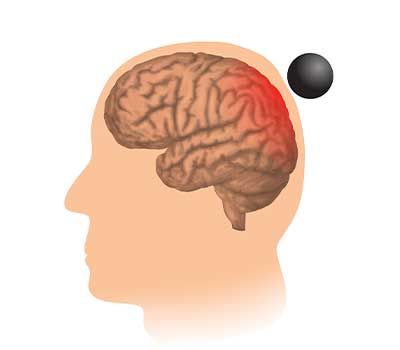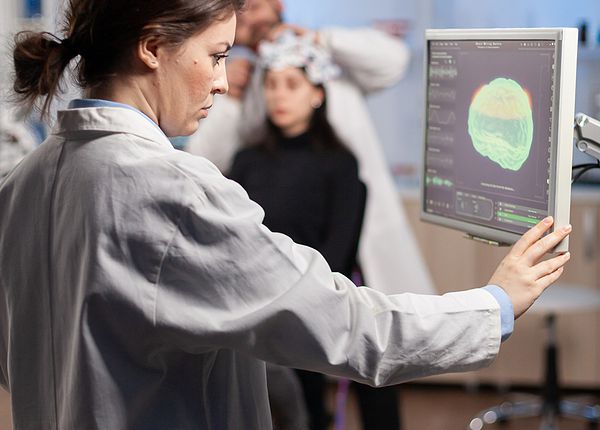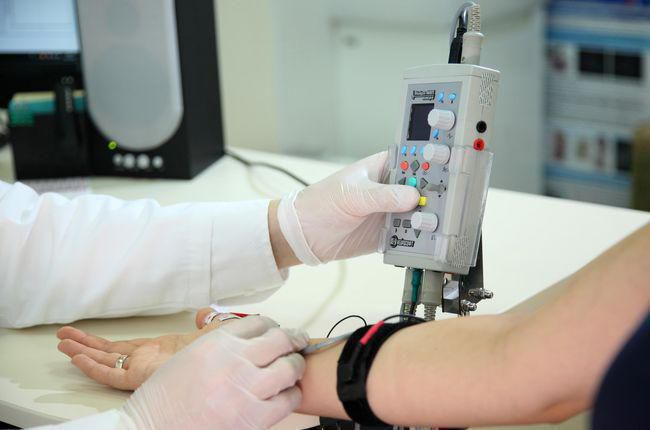Multiple Sclerosis
A chronic illness that targets the central nervous system (CNS), multiple sclerosis is capable of causing potential damage and destruction of the brain and the spinal cord.
Multiple Sclerosis is an autoimmune disease. The disease results in a condition where the immune system attacks the myelin. Myelin is the protective covering that shields nerve fiber promoting contact and interaction between the brain and several other parts of the body. As the disease progresses, it deteriorates the nerves by damaging them permanently.
What are the signs and symptoms of multiple sclerosis?
The sign and symptoms of multiple sclerosis would differ greatly among patients. This has a lot to do with the area that's affected by the disease in the nervous system. Symptoms would include:
- Numbness or weakness in one or more limbs
- Complete or partial loss of vision
- Prolonged double vision
- Pain or tingling feeling in parts of your body
- Double vision
- The sensation of electric shock that occurs due to certain neck movements
- Lack of coordination
- Slurred speech
- Fatigue and dizziness
- Problems with bowel and bladder function
What are the causes of multiple sclerosis?
Multiple sclerosis is considered to be an autoimmune disease where the body's immune system attacks its own vital tissues leading to nerve damage and deterioration.
In multiple sclerosis, the immune system malfunctions destroying the protective sheath, myelin that coats and encloses the nerve fibers of the brain and spinal cord.
Diagnosing Multiple Sclerosis
Multiple sclerosis can be diagnosed by ruling out conditions that could show similar signs and symptoms of the same. Diagnosing multiple sclerosis begins with a thorough medical history evaluation and examination. The following are the tests that are likely to be done:
- Blood tests help rule out other diseases with symptoms similar to multiple sclerosis.
- A lumbar puncture is a dedicated procedure that involves taking samples of fluids from the spinal cord. This can help detect abnormalities that are associated with multiple sclerosis.
- Conducting MRIs can help detect lesions on the brain and spinal cord.
Treating Multiple Sclerosis
As there is no specific cure for treating multiple sclerosis, treating the condition typically focuses on improving recovery from sudden attacks, slowing and managing its progression.
Symptomatic treatment of multiple sclerosis involves:
Usage of Corticosteroids
They are prescribed to reduce nerve inflammation.
Undergoing Plasma Exchange
Plasma exchange involves separating the plasma from the red blood cells. The separated red blood cells are then mixed with albumin and put back into your body.
Ocrelizumab Therapy
This is the only FDA therapy that slows the progression of multiple sclerosis.
Administering disease-modifying therapies for RRMS (Relapsing-remitting Multiple Sclerosis) such as Beta interferons, Copaxone, tecfidera, etc.
Other types of treatment involve undergoing physical therapy, using muscle relaxants and medications to reduce fatigue (as prescribed by a doctor).
For further assistance with your condition, feel free to call us at (669) 235-4188.




